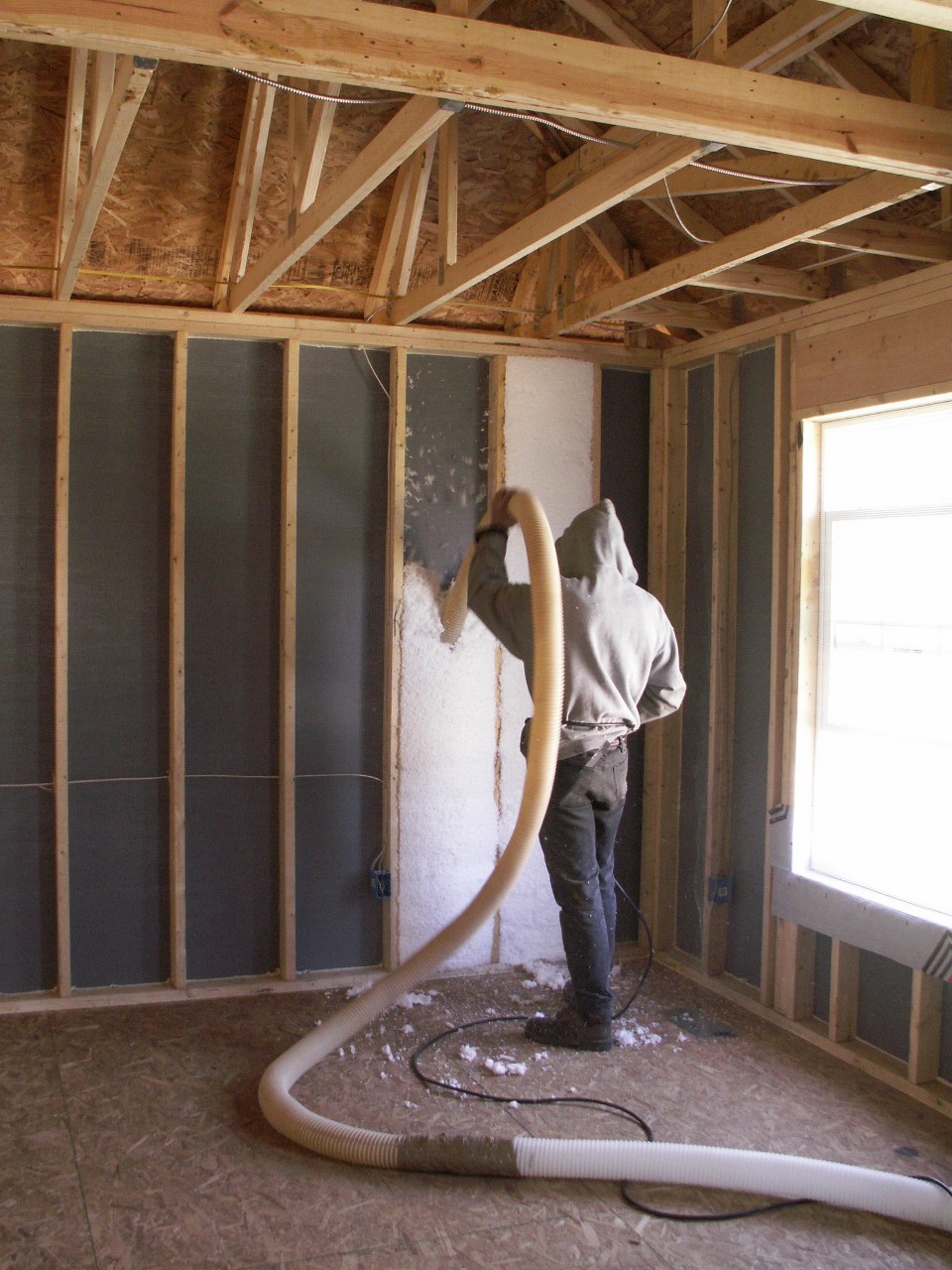Standard Reporting Templates
One of the areas in which data standardization holds the greatest promise is in data collection and reporting. If different programs all agree to collect the same (or very similar) data for the same use cases, information technology costs could be reduced significantly across the country.
To facilitate the adoption of HPXML by program administrators and other market actors, Home Performance Coalition (HPC) with the HPXML working group created three standard reporting templates. These templates specify a number of required data elements from the HPXML Data Dictionary that can be collected at specific points during a home energy upgrade.
The templates fall into two categories. The Audit and Upgrade reporting templates standardize data collected for the transfer of project and energy consumption data from third-party energy modeling software to a program management database.
The Real Estate Certificate standardizes the transfer of information about a home's energy efficiency features and performance into the real estate value chain.
The Audit and Upgrade templates were established through a consensus process of three geographically diverse existing whole-house programs, and are intended to meet the needs of most programs.
New data collection templates will be created and published as needed.

Home Performance Reporting Templates
The Audit reporting template is designed for use by Home Performance with ENERGY STAR® or other whole-house programs that require contractors to submit energy audit results and/or a proposed work scope to the program for review.
The template contains HPXML data elements that describe the baseline building with a proposed work scope. Required fields include data on the home's existing characteristics, health and safety tests, recommended improvements, and savings predictions.
The Upgrade template is designed to facilitate the transfer of information on completed whole house retrofits from contractors to Home Performance with ENERGY STAR® or other whole house program administrators.
The upgrade reporting template includes HPXML data elements to describe the baseline building (e.g., the pre-upgrade condition of the home, with proposed measures) with a completed work scope (e.g., description of installed measures, with modeled or predicted energy savings).
Programs that wish to use these templates, may download the Data Selection Tool or visit the HPXML online data dictionary for information on the required data fields. Software developers should go to the HPXML Validator to test files for compliance with the template's data requirements.

Real Estate Certificate
The Real Estate Certificate is a use case of HPXML that has been codified as BPI-2101-S-2013 Standard Requirements for a Certificate of Completion for Residential Energy Efficiency Upgrades ("BPI-2101"). BPI-2101 establishes requirements for certificates that provide third-party verified documentation of a home’s existing energy efficiency features and performance to homeowners that have installed upgrades as part of a home performance program. Homeowners that have installed energy efficiency measures outside of a program may also be issued a certificate by an organization able to independently verify the home's energy efficient features.
BPI-2101 is intended to enhance the value of energy efficient homes by presenting the market with a nationally recognized protocol for documenting and sharing information on a home’s energy efficient features with real estate professionals, appraisers, underwriters, and other actors involved in the real estate transaction process.
BPI-2101-compliant certificates give homeowners documentation of their investment in energy efficiency, which makes the home’s energy efficient features, like air sealing and insulation, visible to homebuyers who are searching for these features. Documentation is also important for providing appraisers with information needed to understand the contributory value of residential energy efficiency, which may increase the value of the home.
To facilitate interoperability with the real estate and appraisal industries, data defined in version 2.0 of BPI-2101 (forthcoming 2019) will be aligned with the Real Estate Standards Organization's (RESO) Data Dictionary and with data fields included on the Appraisal Institute’s Residential Green and Energy Efficiency Addendum, an attachment that appraisers can elect to include in their residential appraisal when completing a high-performance home assignment.
BPI-2101 is developed by a working group comprised of members from the energy efficiency, real estate, mortgage, and appraisal industries. If you would like to become a member of the BPI-2101 Working Group, send us a message.
